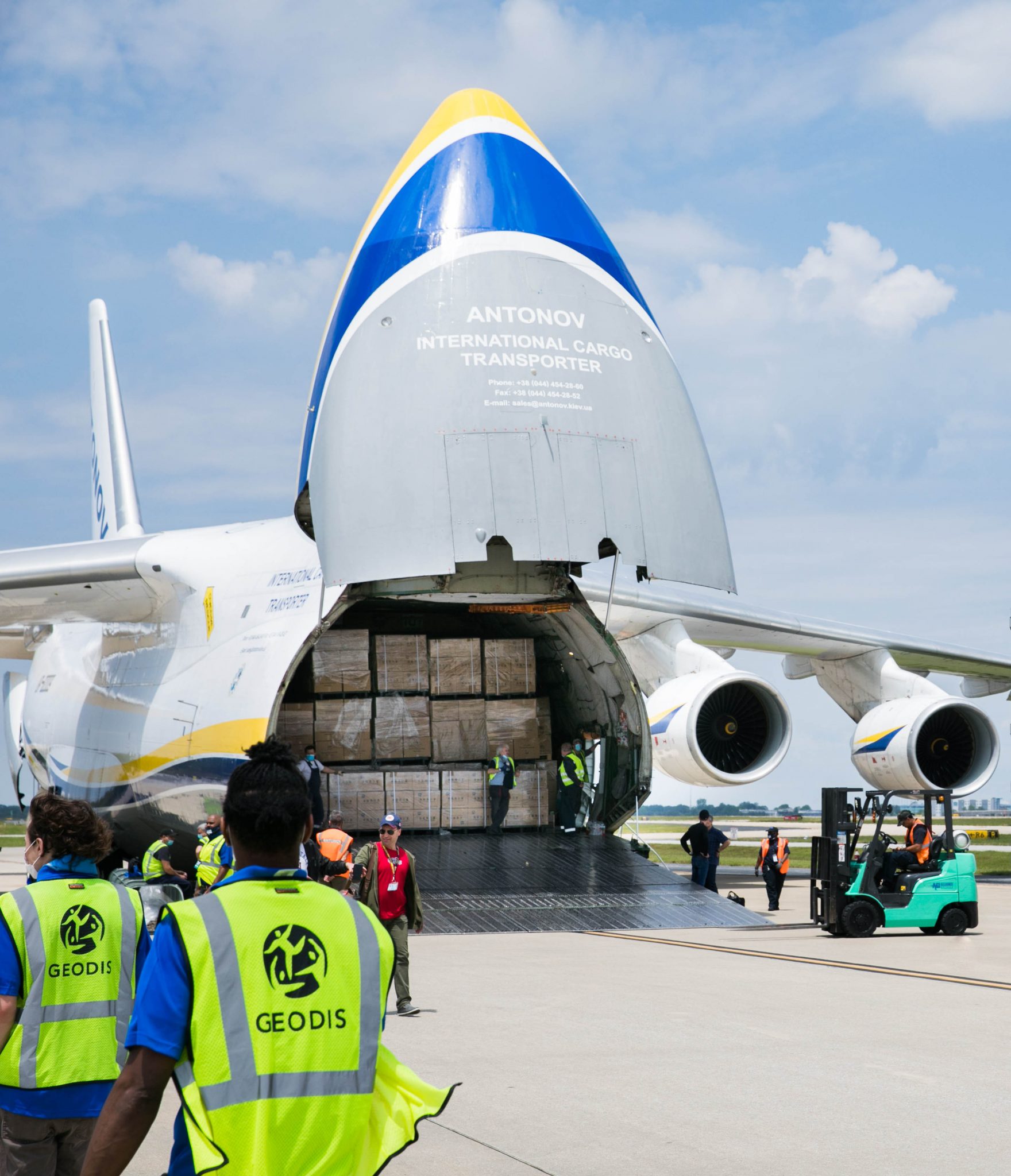As the ongoing computer chip shortage continues to hamper UK industries,* Jennifer Bisceglie, CEO and founder of Interos, comments below on how the UK government and commercial organisations require transparency throughout the supply chain to elevate operational resiliency and help alleviate the current semiconductor disruption.
“Over the past several months, supply chains, including the semiconductor – or ‘chip’ – supply chain saw massive disruption. However, the frequency and severity of these semiconductor supply chain shocks can no longer be considered entirely unpredictable. After all, the semiconductor supply chain is extremely complex, globally interconnected, and the production of a single computer chip often requires more than 1,000 steps passing through international borders over 70 times. The supply of semiconductors to satisfy the demand of Apple, AMD and Intel consumers is only a sliver in the huge threat the shortage represents – failure to address the risk and develop alternative sources of supply impacts future integral national capabilities such as utilities, aerospace and defence, and the development of 5G.
“To prevent these impacts occurring, we recommend that the UK government and commercial organisations require transparency throughout their multi-tiered supply chain and elevate operational resilience as a core business and mission priority. Maintaining domestic – or friendly nation – manufacturing capabilities is an essential part of ensuring the semiconductor industry has a highly resilient, geographically diversified supply chain. This allows the many industry sectors that rely upon semi-conductors to continue providing their products or services in the face of adverse market or supply chain shocks. The impact of the semiconductor shortage is far reaching, and it is vital that the UK government and private companies tackle the issue head on.
“Clearly there are already attempts to approach this on a policy level, with the government’s increasing interest in activities like the proposed sale of Arm, or the concerns over the Newport Wafer Fab. But policy is only one avenue for handling the issue. Technology now makes it possible to have a living and continuously monitored global map of supplier networks, and an assessment of a broad range of risks, from natural disasters, like COVID, to malicious attacks like Kaseya, or concentration risk. The availability of these technology-based solutions raises the acceptable standard of supply chain visibility, and organisations and governments need to advance to meet the occasion – shifting how they think about risk from protection and reaction to detection and pre-emption.”



